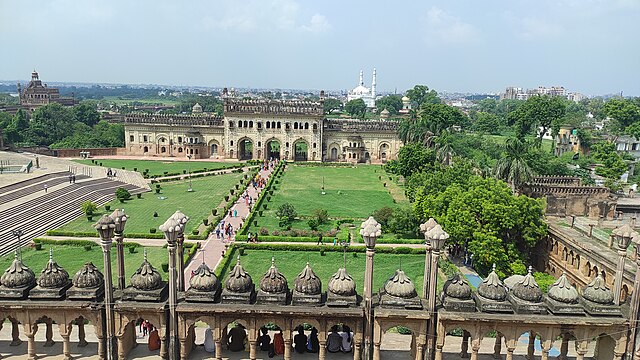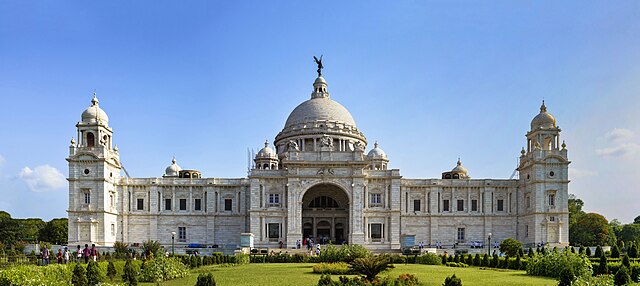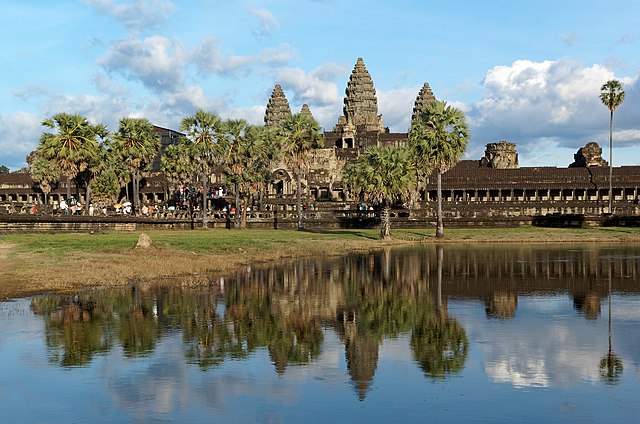Top Picks: Live Essay Competition
Romsha Vats • 8 Jan, 2024 • 4 mins
The topic for the essay competition was 'What Makes My Culture Unique?'.
.png?alt=media&token=de1ce907-3ba3-409e-bcfa-843bbb0115db)
Top Essays
Essay by Sonakshi Saxena from Holy Child Public School, Sector 29, Faridabad:
India is a land of many diverse cultures. It is one of the 18 megadiverse culture countries of the world, which comes with no surprise because of its rich and varied heritage and culture. All the states in our country have their unique history, and even many cities and villages have marked themselves in history. I belong to one such city called Lucknow, Uttar Pradesh. Lucknow is a place which would remind you of the Mughlayi Era but still shows the beauty of India and other religions as well.
Lucknow has also been one of the most important places in the history of both medieval and modern India. Only a few places have such noticeable traces in history as Lucknow has, which is one of the things I find unique about it. It was one of the nodal points during the Revolt of 1857 and in many instances, in our history. Lucknow is also popular for its distinctive food culture. The tourists who visit this place can't stop praising its food delicacies. Lucknow's biryani is famous all over India. Also, the art of Chickankari has made Lucknow popular. If you come to Lucknow, it is nearly impossible not to buy traditional clothes made with Chikankari. These are some of the things which made Lucknow from different places. Some famous market sites like Hazrat Ganj are also one of the popular destinations. I have read stories of people based in Lucknow, and everyone mentioned Hazrat Ganj.
Even Lucknow’s singers and musicians have significantly contributed to making Indian music popular. The ghazals, the classical music, are soothing to people's ears. Now, if you wander in the lanes of Lucknow, you find houses almost 100 years old, their architecture almost like the Mughals. I feel the people here in Lucknow are deeply connected to their roots. Lucknow is also full of architectural marvels, like Imambada, Buland Darwaza, etc. Not many people know that in 'Imambada', the central stands even today without any support. No cement has been used in the making of the monument. And the walls are so thin that even if you whisper anywhere in the monument, it could be heard by the king. The phrase, "even walls have ears", lies true for this place.
My family, personally, follows one tradition. We do a 'Kalam Dawat Puja’ for Lord Chitragupta, where we worship pens, books, etc. It is said that this 'puja' is only performed in my culture. This is what I find unique. I like this idea of worshipping the books we read, the books we gain knowledge from. I feel it is important to respect our books, pens, etc. And this 'puja', I think, allows us to express our gratitude. In India, every culture has something unique to add to India's rich heritage. Be it a state, a city or even a small village. It is important to respect other cultures and not discard them just because they are not yours. Every culture is just as noble and rich as ours, and I feel it is very important to remember that.

Essay by Spandan Tapedar from Stepping Stones School, Chandigarh:
About 2,00,000 years ago, the archaic humans, or, in other words, our ancestors, stepped on the Earth. 70,000 years ago, around 130,000 years from the evolution of our species, the ' Homo Sapiens ', we went through a cognitive revolution. What really stood out after this drastic revolution was the culture that emerged. The most intriguing part was that every emerging culture had its own essence of uniqueness. Today, if we look around the world, tenfold cultures exist compared to 70,000 years ago. And every culture is unique in its own way.
Growing up in different places from childhood, I observed many new cultures and took them as if they were a part of my own, but for most of my life, my heart has longed for the place where I was born, where my home truly belongs. Where the culture of art, poetry, and dance has a significant role. Yes, it is my hometown Kolkata. Something about it just feels different; it’s the culture that brings me joy. The smell of kashful during the autumn season pours down with the melodious songs blaring out every morning. The ever-art-loving people here provide a suitable atmosphere for the artistic people to let out all their creativity. People here express themselves without any restraints.
This is my culture, where people dare to dream without worrying about the world's criticism and not care about the people who try to bind them. Giving people a break from the boring daily routine. Yes! That's my culture, which dares to dream in a world driven by success and orthodox rules and regulations. I, along with my fellow members, will create a world full of dreamers and follow the path of my culture. It was humanity's rule not to stop dreaming, and we will dream till our last breath.

Essay by Samriddhi Thakur from Stepping Stones School, Chandigarh:
I belong to this beautiful culture known as Hindu Culture. Every culture has its own beauty, speciality and heritage. I would like you to know about Hindu Culture. So, our culture has versatile ways of worshipping; some use "Dhoop" and "Agarbati", and some only chant the Gods' names. Some of its unique features are that it has impressive monuments and heritage structures. The "Angkor Wat Temple" of Lord Vishnu, situated in Cambodia, is an example of the finest monuments relating to Hindu Culture. It also has ancient scriptures like Vedas, such as Ayurveda, Yajurveda, and Samveda, which have unknown writers. There are some plays as well, like Mahabharata and Ramayana. This culture has more beautiful and cultural dances like Bharatnatyam and Kuchchipuri. A lot more variety of food like South and North Indian. Some delicious and traditionally significant foods are "Kheer" and "Halwa", which are mentioned in Mahabharat. Sports and games like ball (gaind) and archery (teerandazi) also find references in ancient texts. I will conclude my essay with the most important principle of my culture, " Vasudhaiv Kutumbakam", meaning the whole world is my family.
